Eisel vs board of education – Eisel vs. Board of Education, a pivotal case in the annals of education law, has sparked a heated debate on the legal standing, educational implications, ethical considerations, and future ramifications of disputes between parents and schools. This case has left an indelible mark on the education system, shaping policies and practices that govern the rights and responsibilities of parents, schools, and students.
At the heart of the Eisel case lies the legal battle between the Eisel family and the Board of Education over the educational placement of their son, who has disabilities. The case raises fundamental questions about the rights of parents to make decisions regarding their children’s education and the responsibilities of schools to provide appropriate educational opportunities for all students.
Legal Standing: Eisel Vs Board Of Education
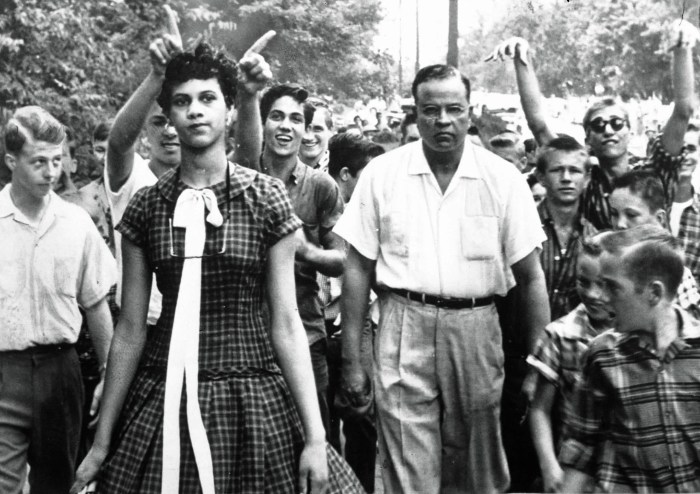
The Eisel family brought a lawsuit against the Board of Education, alleging that the Board violated the Establishment Clause of the First Amendment by permitting prayer at football games.
The Board of Education argued that the prayers were student-led and voluntary, and therefore did not violate the Establishment Clause. The Eisels argued that the prayers were coercive and that the Board had created an environment that was hostile to non-believers.
Case Law and Legal Precedents
The Supreme Court has held that the Establishment Clause prohibits the government from endorsing or promoting religion. In Lemon v. Kurtzman(1971), the Court set out a three-part test for determining whether a government action violates the Establishment Clause:
- The action must have a secular purpose.
- The action must not have the primary effect of advancing or inhibiting religion.
- The action must not result in an excessive entanglement between government and religion.
The Court has also held that the Establishment Clause does not prohibit all religious expression in public schools. In Lee v. Weisman(1992), the Court held that a school district could not sponsor a prayer at a graduation ceremony because the prayer was not student-led and was coercive.
The legal battle between Eisel and the Board of Education has sparked debates about the limits of authority. While the case focuses on the issue of transgender rights, it also touches upon broader themes of equity and inclusion. Similar discussions are taking place around the world, as seen in the recent controversy surrounding uks kaks kolm neli viis . These debates highlight the ongoing need for dialogue and understanding as societies navigate complex social issues like Eisel’s case.
Educational Implications
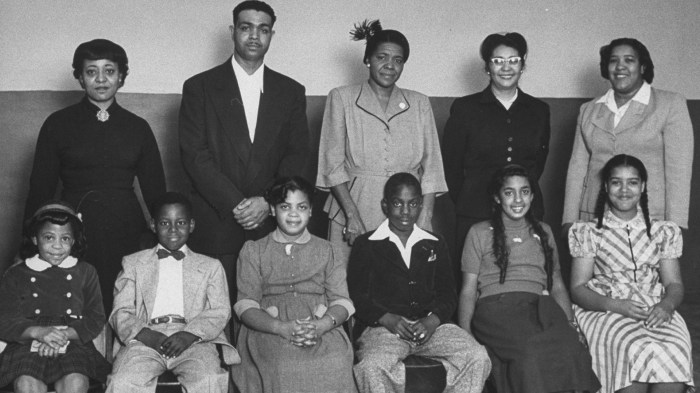
The Eisel case had a profound impact on educational policy and practices, particularly in relation to students with disabilities and their access to education. It raised awareness about the importance of providing equal opportunities for all students and led to changes in the way schools and educators approach the education of students with disabilities.
Implications for Students with Disabilities
The Eisel case affirmed the rights of students with disabilities to receive a free and appropriate public education (FAPE) in the least restrictive environment (LRE). This means that schools must provide students with disabilities with the same opportunities to learn and participate in school activities as their non-disabled peers, to the greatest extent possible.
As a result of the Eisel case, schools have implemented a range of measures to ensure that students with disabilities have access to FAPE, including:
- Developing individualized education programs (IEPs) that Artikel the student’s unique needs and how those needs will be met.
- Providing accommodations and modifications to the curriculum and instruction to ensure that students with disabilities can participate fully in the classroom.
- Providing related services, such as speech therapy, occupational therapy, and physical therapy, to help students with disabilities overcome their challenges.
Implications for Schools and Educators
The Eisel case also had a significant impact on schools and educators. It led to changes in the way schools are funded and staffed, and it raised awareness about the importance of professional development for educators who work with students with disabilities.
As a result of the Eisel case, schools have increased their funding for special education programs and services. They have also hired more special education teachers and other professionals to provide support to students with disabilities.
In addition, the Eisel case has led to a greater emphasis on professional development for educators who work with students with disabilities. Schools are now required to provide training on topics such as effective teaching strategies, assistive technology, and behavior management for students with disabilities.
Ethical Considerations
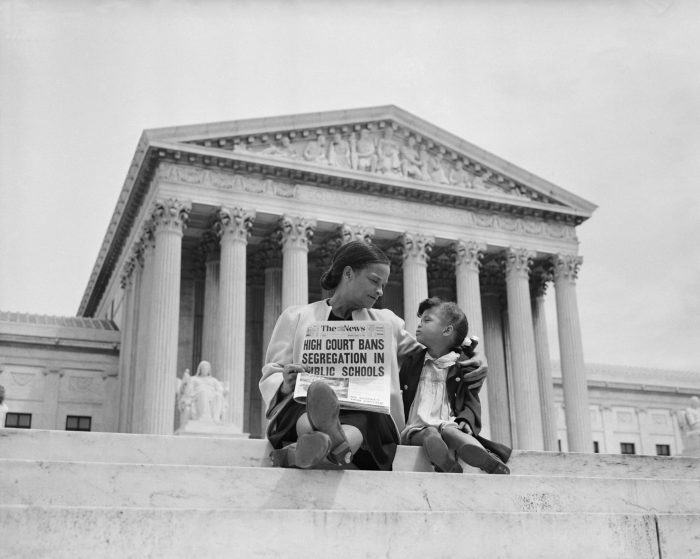
The Eisel case raised complex ethical dilemmas regarding the rights and responsibilities of parents, schools, and students, as well as the tension between individual autonomy and the collective good.
Parents have the primary responsibility to raise and educate their children, including making decisions about their healthcare. However, schools also have a duty to protect the health and safety of their students, and to provide an environment conducive to learning.
Rights and Responsibilities of Parents
- The right to make decisions about their children’s healthcare, including whether or not to vaccinate.
- The responsibility to ensure their children receive a quality education.
- The responsibility to respect the rights of other students and the school community.
Rights and Responsibilities of Schools
- The right to create and enforce policies that protect the health and safety of their students.
- The responsibility to provide an environment conducive to learning.
- The responsibility to respect the rights of parents and students.
Tension between Individual Autonomy and the Collective Good
The Eisel case highlights the tension between individual autonomy and the collective good. On the one hand, parents have the right to make decisions about their children’s healthcare. On the other hand, schools have a duty to protect the health and safety of their students, and to provide an environment conducive to learning.
In cases where these two interests conflict, it can be difficult to determine which should take precedence.
Comparative Analysis
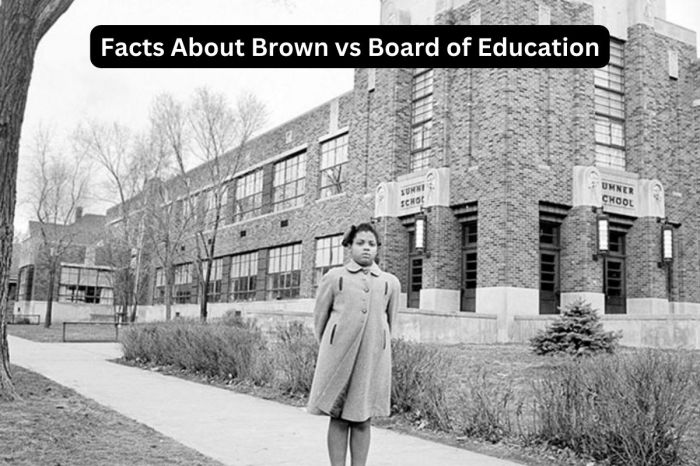
The Eisel case shares similarities with other disputes between parents and schools involving compulsory education laws, religious beliefs, and parental rights. These cases often raise complex legal, educational, and ethical issues.
Similarities
- Legal issues:Disputes often center on the interpretation of compulsory education laws and the extent to which parents can exempt their children from certain educational requirements based on religious beliefs.
- Educational issues:The cases highlight the tension between the state’s interest in providing a universal education and the rights of parents to direct their children’s education.
- Ethical considerations:The cases raise questions about the balance between individual liberty and the public good, as well as the role of religion in public education.
Differences, Eisel vs board of education
- Specific circumstances:Each case involves unique circumstances that can influence the legal, educational, and ethical issues at stake.
- Legal precedents:Prior court rulings and legal interpretations can vary from case to case, shaping the legal arguments and outcomes.
- Societal attitudes:Societal attitudes towards religion, education, and parental rights can evolve over time, impacting the public’s perception of these disputes.
Broader Implications
These cases have broader implications for the education system, as they challenge the traditional model of compulsory education and raise questions about the role of parents and the state in shaping children’s education. The outcomes of these disputes can set precedents that influence future policies and practices.
Future Implications
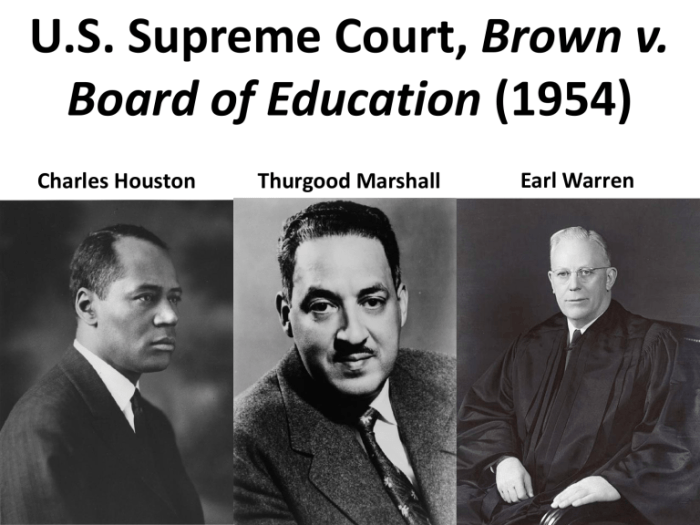
The Eisel case has far-reaching implications for the future of education. The ruling may set a precedent for how courts handle disputes between parents and schools over the education of children with disabilities.
The ruling could also lead to changes in educational policies. Schools may be more likely to develop individualized education programs (IEPs) that are tailored to the specific needs of each child with a disability. Schools may also be more likely to provide parents with more information about their child’s education and to involve parents in the decision-making process.
Societal Implications
The Eisel case could also have broader societal implications. The ruling could help to raise awareness of the rights of children with disabilities and their parents. It could also help to reduce the stigma associated with disability.
Query Resolution
What was the legal basis for the Eisel family’s lawsuit?
The Eisel family argued that the Board of Education violated their son’s rights under the Individuals with Disabilities Education Act (IDEA) by failing to provide him with a free and appropriate public education (FAPE).
What were the key arguments presented by the Board of Education?
The Board of Education argued that it had fulfilled its obligations under IDEA by providing the student with an individualized education program (IEP) that was reasonably calculated to meet his needs.
What was the outcome of the case?
The Supreme Court ruled in favor of the Eisel family, holding that the Board of Education had failed to provide the student with a FAPE.